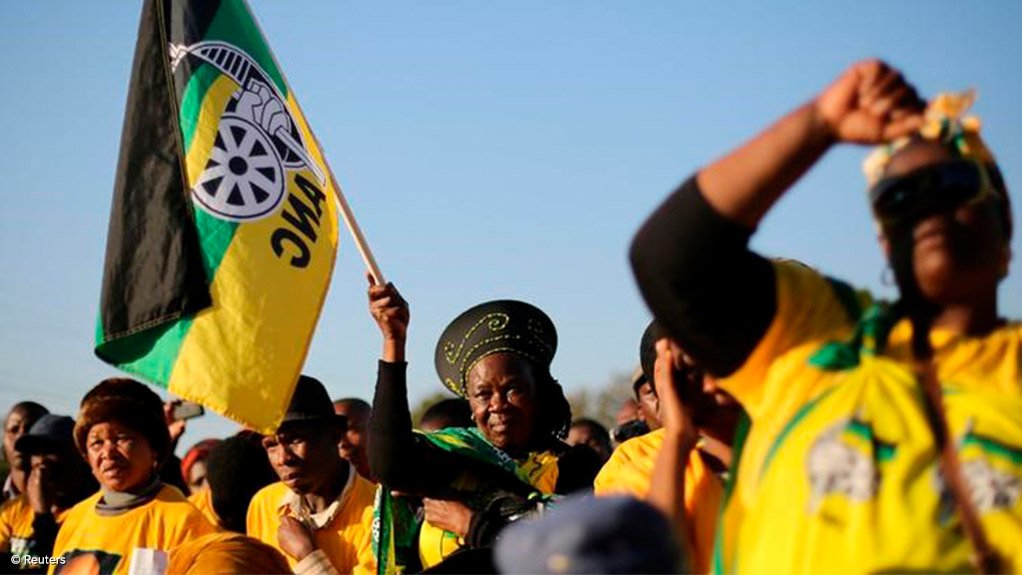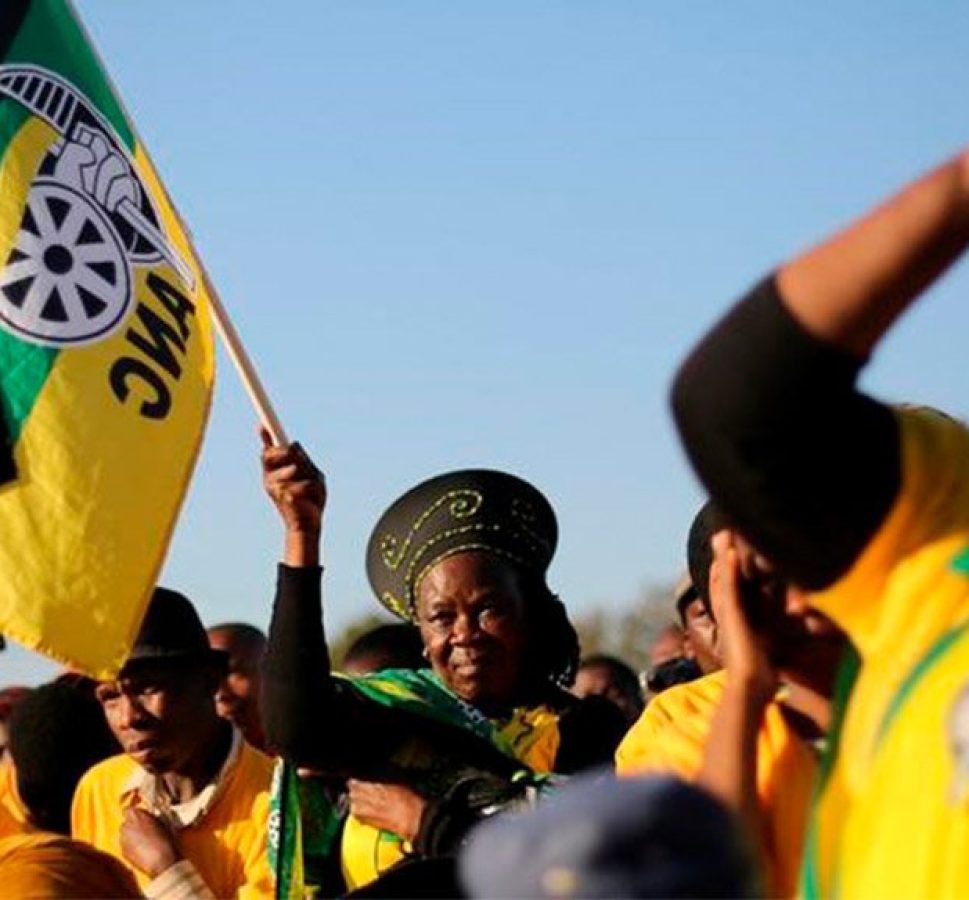
It’s been almost procedural over the last three decades for the ANC to use its parliamentary majority to elect its leader as president of the country. But it appears that the situation may be different this year.
The African National Congress (ANC) may be on course to lose the parliamentary majority for the first time in 30 years, following the early results from South Africa’s national election.
It’s been almost procedural over the last three decades for the ANC to use its parliamentary majority to elect its leader as president of the country. But it appears that the situation may be different this year.
Several polls placed the ANC’s support at less than 50 percent ahead of the election, raising the possibility that it might not have a majority.
It is still widely expected to be the biggest party, but if it goes below 50 percent it would then need an agreement or coalition with another party or parties to stay in government and get the 201 votes it needs from lawmakers to re-elect President Cyril Ramaphosa for a second and final five-year term.
Should the ANC lose its majority, it would have to bargain with other parties to form some sort of coalition before parliament sits.
Under South Africa’s constitution, the newly elected National Assembly will elect the next president.
However, Reuters reports that data from the country’s electoral commission showed that from the results from 10% of polling stations, the ANC’s share of the vote in Wednesday’s election stood at 42.3%, with the pro-business Democratic Alliance (DA) on 26.3% and the Marxist Economic Freedom Fighters (EFF) on 8.1%.
According to the report, with the ANC still on course to be the largest party, its leader Cyril Ramaphosa is likely to remain as the country’s president, although a poor showing could make him vulnerable to a leadership challenge from within party ranks.
The ANC has won national elections held every five years since the landmark 1994 election, which marked the end of apartheid and the ascent of Nelson Mandela as president.






